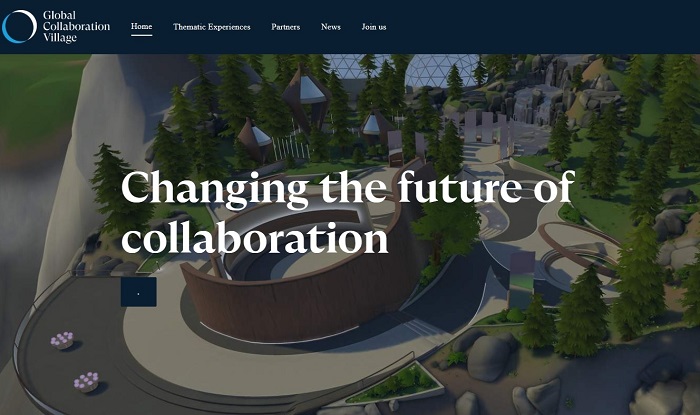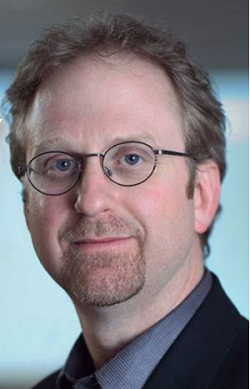- Potential of XR to facilitate deep engagement beyond video conferencing
- Powerful demonstration of how immersive tech can bring leaders together

Participants at the recently concluded World Economic Forum (WEF) 2024 engaged throughout the week at the virtual Global Collaboration Village, a purpose-driven platform powered by next-generation technology to shape global dialogue said WEF in a statement.
The Village, a WEF initiative in partnership with Accenture and Microsoft, used XR technologies such as realistic avatars and spatial audio to foster meaningful exchanges and deepen engagement. Over the 15 to 19 Jan period, more than 200 participants took part in a range of immersive dialogues – from climate and nature, to manufacturing and energy. These discussions have direct implications for the real world through the expansion of public-private partnerships.
“The Village’s successful integration at the Annual Meeting aligns with the World Economic Forum’s broader goals of fostering global solidarity and inclusive dialogue,” said Chieh Huang, President of the Global Collaboration Village. “By leveraging the collaborative potential of XR technologies, the Village will continue to transform how global challenges are addressed, bringing diverse voices and perspectives into a unified, solution-oriented community.”
In the Village’s Climate Tipping Points Hub, for example, participants were immersed in a data-driven environment that facilitated understanding of the latest climate science. Here, they visualized the future impact of climate change on global ecosystems. A cultural session offered an immersive environment that blended the realms of generative AI, visual art, dance, music and the spoken word into a multisensory experience focused on the Amazon.
.png) “The metaverse and the broader continuum of virtual reality technologies can completely transform how people work and collaborate,” said Paul Daugherty (pic), Chief Technology and Innovation Officer at Accenture. “The Global Collaboration Village continues to be a powerful demonstration of how immersive technology can bring leaders together to drive change and take impactful action to address real-world problems.”
“The metaverse and the broader continuum of virtual reality technologies can completely transform how people work and collaborate,” said Paul Daugherty (pic), Chief Technology and Innovation Officer at Accenture. “The Global Collaboration Village continues to be a powerful demonstration of how immersive technology can bring leaders together to drive change and take impactful action to address real-world problems.”
Other promising aspects of VR technologies for collaboration include personalized avatars and spatial audio, which transform the meeting experience into something far more immersive and engaging than traditional methods. This approach points towards the future of year-round collaboration, where immersive virtual environments could offer more engaging and effective experiences than standard video conferencing.
“The Global Collaboration Village is an incredible example of how people can leverage Microsoft Mesh to create immersive experiences that build connection, strengthen collaboration, and allow people to work together for tangible impact regardless of physical proximity,” said Navjot Virk, Vice President, Microsoft Mesh. “We look forward to continuing our partnership with the World Economic Forum and Accenture, helping to bring together people from around the world in new, immersive ways to facilitate global dialogues and drive sustainable change.”
Accenture’s vision in reimagining public-private cooperation, combined with Microsoft’s Mesh technology, slated for general availability in January 2024, have been pivotal in realizing the Village’s mission said WEF, adding that these collaborations not only enhanced the Forum’s capabilities, but also demonstrated the transformative power of next-generation technologies in addressing global challenges.
This year, five of the 140 organizations that have joined the Village Partners community – Aramco, Arctic Basecamp, Interpol, SAP and Schneider Electric – unveiled their own virtual pavilions for the first time. Each partner represented a unique sector and geography, underscoring a shared commitment to fostering broad global discourse on critical issues.

